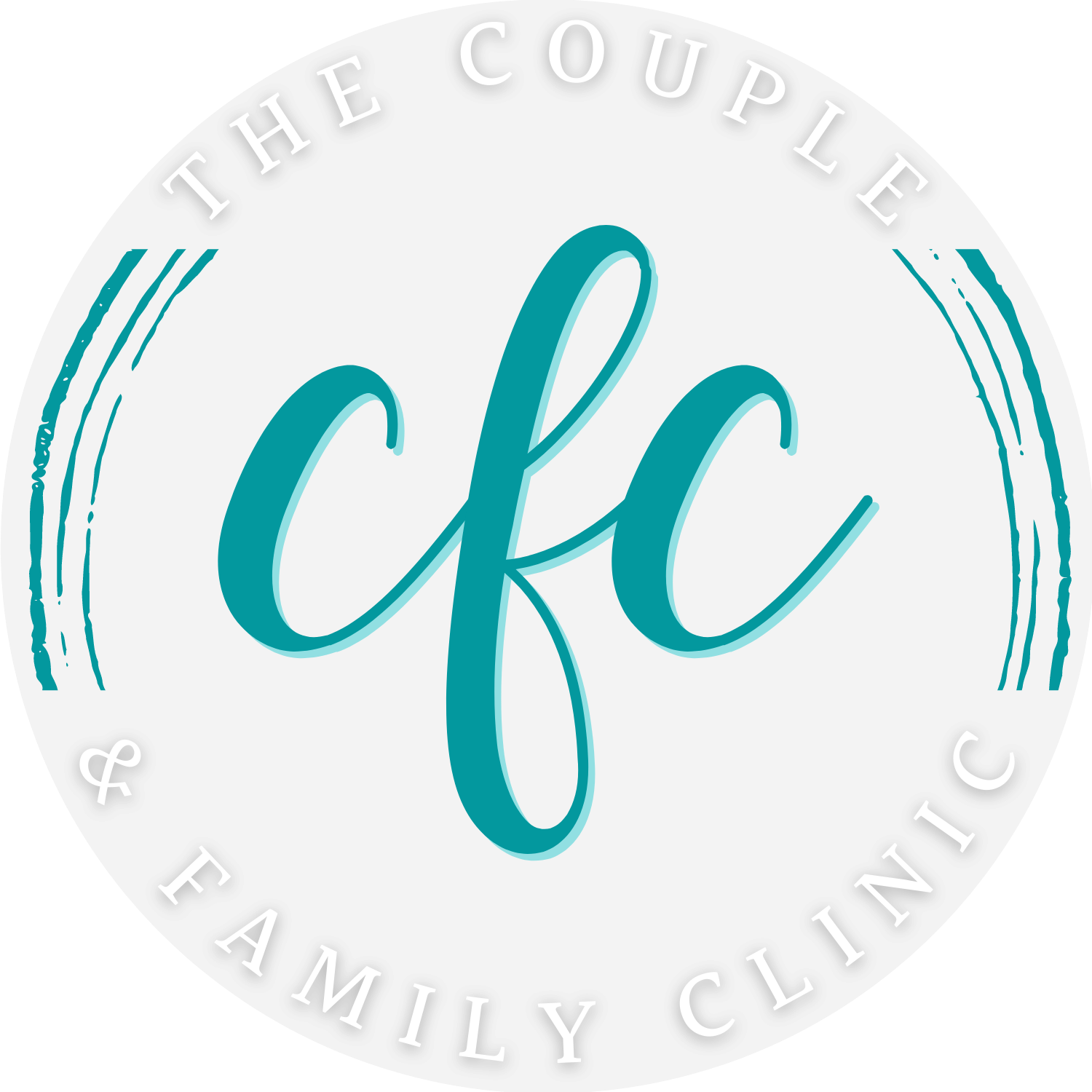Empathy - The Bridge to Forgiveness after Intimate Betrayal
There are often times when we rush to forgiveness. I call this “Cheap Forgiveness.” Cheap Forgiveness is stating you have granted forgiveness without consciously making the decision to forgive. Additionally, in Cheap Forgiveness, there is not enough time granted to allow one’s emotions to follow in agreement with the decision to forgive. Sometimes this happens when we fear there might be spiritual or relational repercussions if we don’t forgive quickly.
Note, that there is a difference in making the decision to forgive and then having your emotions to follow. This might feel like stating that you have made the decision to forgive, but then waking up the next morning with some of the same negative, hurtful feelings. There must be a letting go of negative feelings before your emotions align with your decision. That “letting go” might look like reviewing the hurt, recalling the incident, and thinking about the relationship and what it meant to you. You might also experience waves of grief and loss as you notice where the pain is resting in your body. You might also notice that your heart rate might increase as you think about the hurt. Without walking through the above, you cannot get to empathy and you struggle with forgiveness.
Yes, forgiveness is a spiritual, active, relational, progressive experience; and it is also a very personal decision. Let’s be fair, it is not easy. Before you get to forgiveness, you must first empathize with the person who hurt you. What will it take to get to empathy in the face of pain, anger, intimate betrayal and sadness? How can you get to empathy when you believe the person who hurt you doesn’t deserve empathy? How can you get to forgiveness when you were betrayed at the most intimate level of a relationship, and you discovered you were left standing alone? How can you get to comprehend why this person betrayed you so you have a reason to walk the bridge of empathy?
The Bridge to empathy might be difficult to build, but it is possible. Here are the building blocks.
Block #1: Do you know enough about the person’s history and where their pain could have originated from? Reflect on the following three questions:
a. What is the history of the person?
b. What is in that history that would make them show up in deceptive ways?
c. What would drive them to the place of deception?
Block #2: You also might want to reflect on how they might view themselves. Do they operate from a place of self-distortion, or a place of grandiosity?
a. Do they see themselves as broken or unworthy?
b. Do they see themselves as being entitled because they feel they should be able to choose how they want to live their lives, regardless of who it hurts?
Once you know the history of the person, you will find that the common factor of humanity becomes clear – none of us is perfect. We are all struggling with something, and we are all in need of grace.
Block #3: Having the courage to explore the pain surrounding the hurt and the connection that might be present because of the deceit and the betrayal. The connection can be something as simple as a shared childhood experience or an assumption of a shared value. There might also be shared lived experiences or a vastly different experience that reflect similar values.
Empathy is a bridge-building tool because we can’t get to forgiveness until we find a common ground in our humanity. We can’t get to the other side of unforgiveness until we embrace and find the courage to look at the imperfections in our human lived experience, which is our shared experience.






